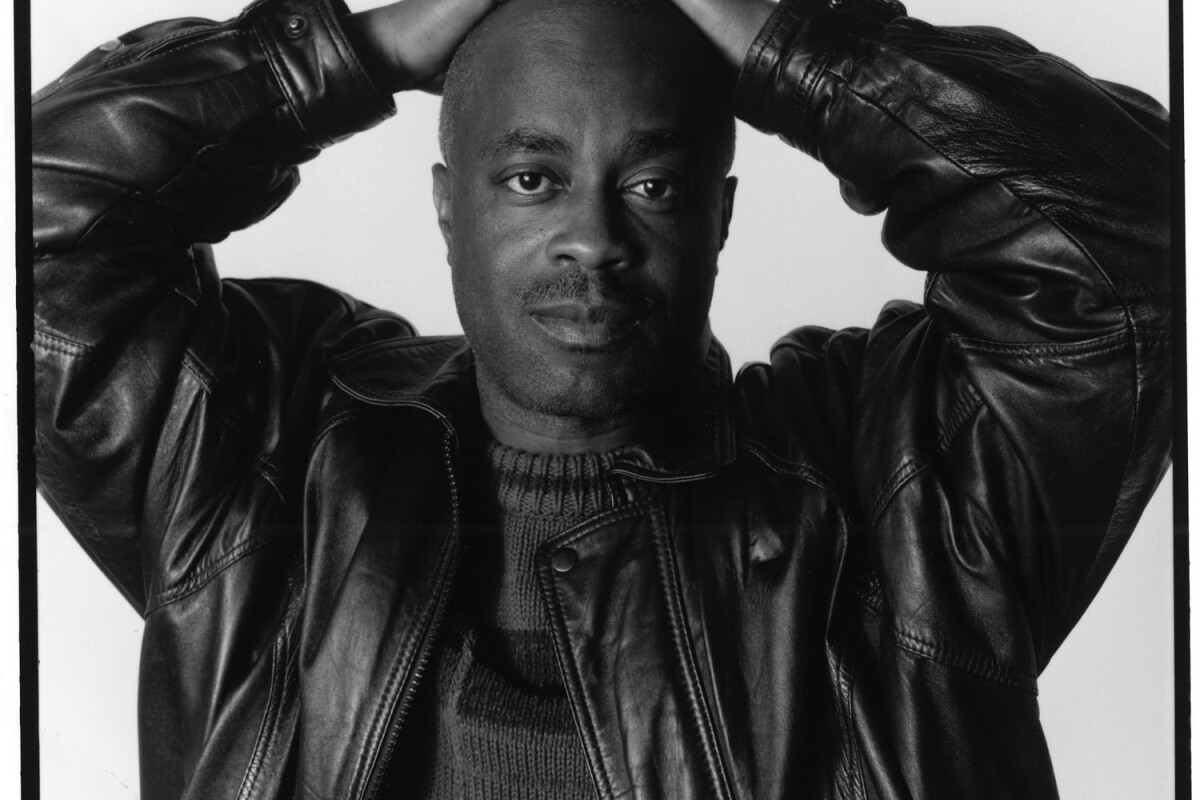Whether you are a cinephile or no, most likely you’ve never heard of Charles Burnett, our retrospective in 2016. If we say to you, Killer of Sheep, maybe that will ring more of a bell. It should. If we go over the list of film titles marked “culturally, historically, or esthetically significant and worthy of preservation” in the US Library of Congress, we will find this among the first ones included. Listen, if there were a nuclear holocaust tomorrow, Charles Burnett’s body of work is one we would take with us down into the bunker.
Filmed in the neighborhood of Watts (Los Angeles) in the mid-1970’s, this cult film is the most significant representation of the L.A. Rebellion, a movement of African-American directors who worked in that period to make pieces that reflected their daily life, combating the racist clichés of Hollywood. The portrait of a working-class family, Killer of Sheep has been frequently considered a pure example of North American Neorealism.
After this film, which remains its creator’s most popular one to date, having made a masterpiece at such an early age; nonetheless, Burnett, considered by many the greatest African American director in history, directed several more films in the same line. My Brother’s Wedding, When it Rains, and To Sleep with Anger –– a prizewinner at Sundance, with Danny Glover in the role of his career –– are just a few examples.
A jazz and blues aficionado, he was chosen by Martin Scorsese to direct the episode of his series The Blues focusing on the Mississippi Delta. His body of work has been repeatedly praised by critics such as Jonathan Rosenbaum, who said of him: “I think a strong case can be made that Charles Burnett is the most gifted and important black filmmaker this country has ever had.” And yet, though they were uttered by the God of American film critics, it seems these words have had little effect.
As of today, Charles Burnett remains unknown to most people. We would like his name and work to receive the recognition they are due. For this reason, we went to Los Angeles to interview him, and we are publishing a monograph about him, comprising this interview and various articles by critics, journalists, and academics who are experts in his work. We have launched a crowdfunding campaign to finish financing the project. Will you help us?

